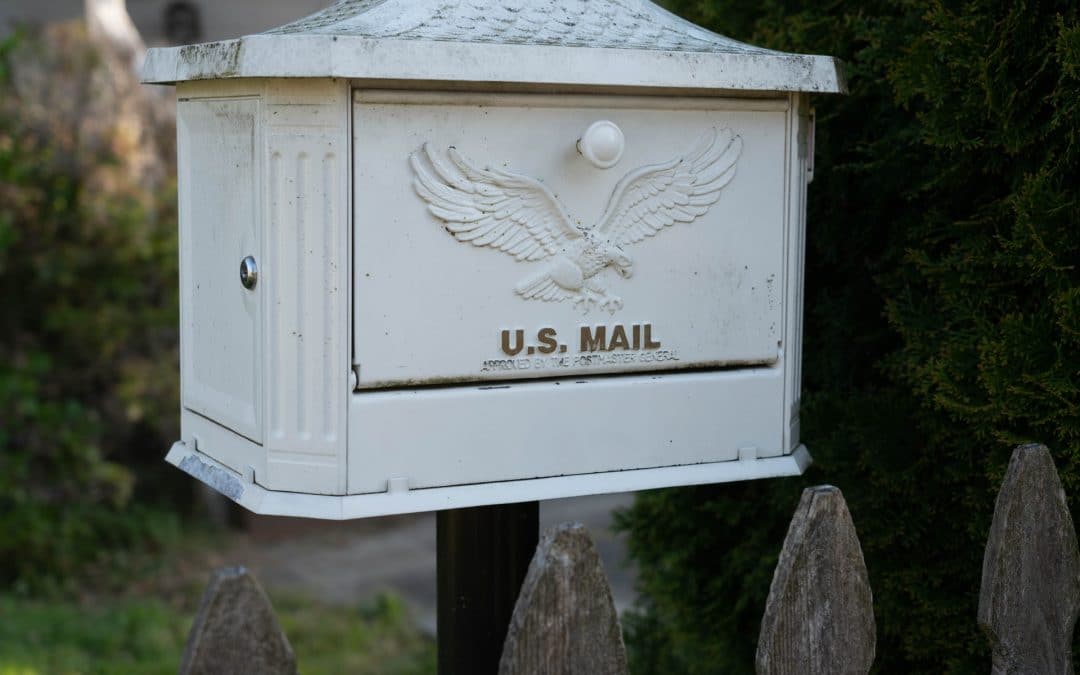Tenant Late Rent Payments and the Mailbox Rule
Way, way back in law school, in our contracts class, we learned about this little known law (at least among those not trained in the law), called the mailbox rule.
What is the Mailbox Rule?
The mailbox rule, in the most simplest form, states that an offer is accepted when it is mailed.
The mailbox rule, however, is broader than that, and can also apply to when a payment is mailed to another party. In the case of rent payments to landlords, this can be problematic.
Let’s say for instance, rent is due on the 1st of the month. The tenant places the check in the mail, it is postmarked on the 1st, but you don’t receive the check until the 6th of the month.
Can you now charge the tenant late fees for having received your rent check late?
The answer, like many things in the legal, world is “maybe.”
First, we must realize that the mailbox rule is a default rule. What this means is that, absent explicit intent from the parties, usually in a contract, the mailbox rule will be controlling.
What Controls Delivery for Tenant Rent Payments?
In the landlord’s case, the lease would be the controlling document.
If the lease is silent, meaning no clause in the lease addresses the issue, then the mailbox rule will control, and you will not be able to charge the tenant late fees.
But What If I Have The Date Written in the Lease?
If you have the date written in the lease, it is still a maybe.
Your lease needs to be specific as to not only when the rent is due, but also on what date it has to BE RECEIVED.
Merely stating that rent is due on the 1st is not enough to overcome the protections under the mailbox rule. Your lease should clearly say that it must be received by the first, in whatever means it is transmitted, otherwise late fees will apply.
But What About the Grace Period for Late Tenant Rent Payments?
The above example takes into account no grace period. But for purposes of this blog, discussion of the customary grace period is applicable.
In North Carolina, there is a statutory grace period.
North Carolina Statute, section 42-46(a) states, in relevant part that:
In all residential rental agreements in which a definite time for the payment of
the rent is fixed, the parties may agree to a late fee not inconsistent with the provisions of this subsection, to be chargeable only if any rental payment is five days or more late.
Little is known as to why the five day grace period was added to the statute, however, one can assume it was to allow for the delivery of mail from one location to another.
Thus, by statute, the North Carolina legislature removed the burden of the mailbox defense in court from the tenant.
Similar legislature is prevalent across the majority of jurisdictions in the United States.
Where it is not written into law, the grace period, in some form or another, has become common place in leases throughout the United States.
The Key Takeaway
If you want to avoid the possibility of late payments, make it a term of the lease that payments will be required to be by electronic means, and received by the date set in your lease agreement.
It’s 2020 after all, and tenants should have access to some form of electronic payment method. If they don’t, that’s an entirely different discussion.
Also, build in a grace period on your lease. This way you can avoid the headache of having to deal with payment that is received on the 5th of the month.
I can guarantee you, no judge worth their salt, will enter a judgement for a late fee if you received your rent payment within 5 days, even if you didn’t have a grace period built in.
Now go off and tell your friends you learned a new legal theory. Pretty sure it will make you a hit at parties.
As always, as the only property management company in Fayetteville, North Carolina owned by a retired military attorney, we are in a unique position to assist you with your landlord legal questions.
Don’t hesitate to reach out to us, we are here to help.
P.S. Don’t mail us a letter, it’s 2020. Follow us on social media, or send an email. You’ll get a better response time.
The Team at Linchpin Property Management
The Pain in The Butt Disclaimer:
As always, information on this website is not intended to constitute legal advice, or the retention of our property management services, and is for general information purposes only.
Read our full disclaimer here: Legal Disclaimer
